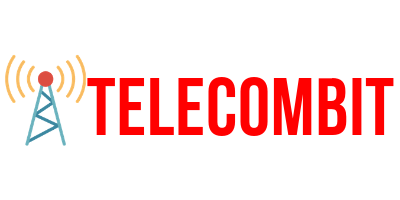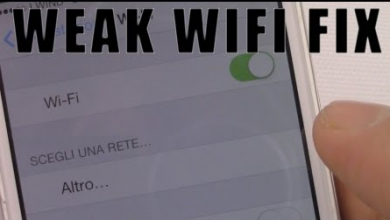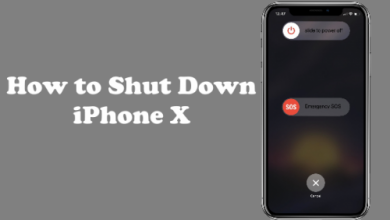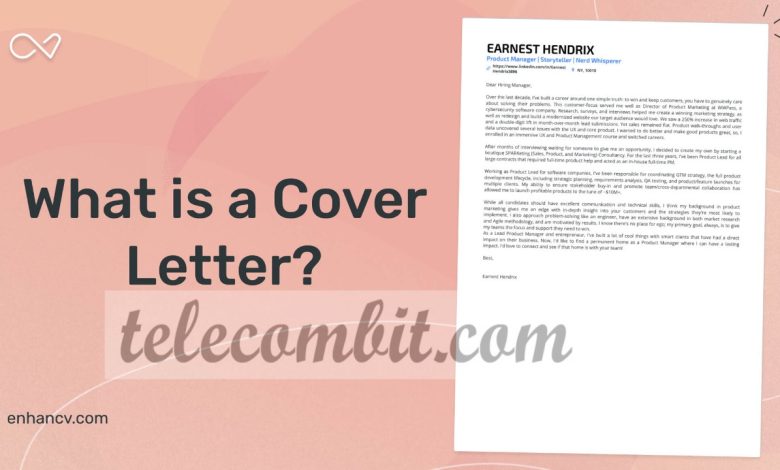
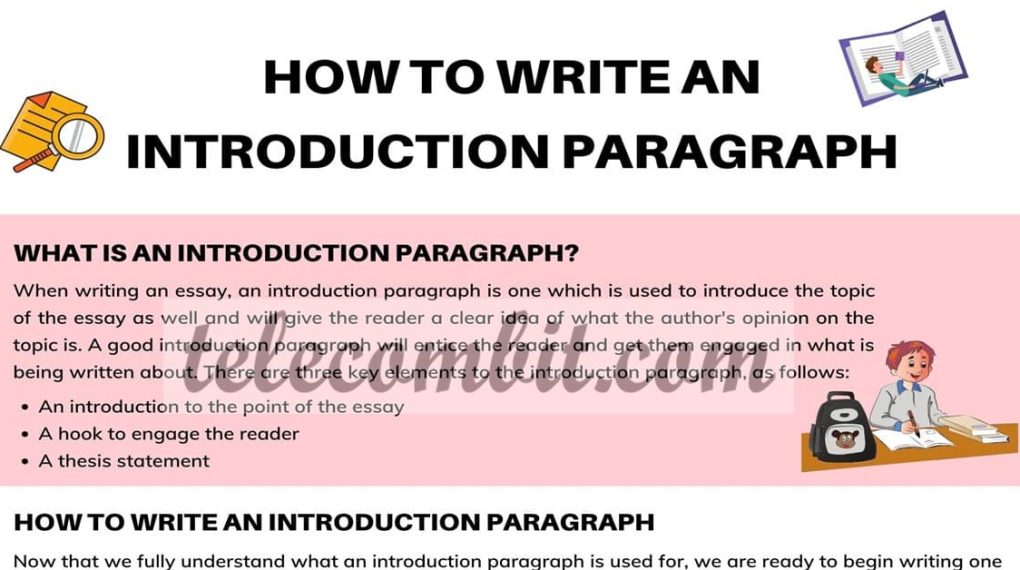
You’ve got your resume set, so why the need for a cover letter? Does anyone even read them? YES! A recent study on employer preference still shows that the majority (56%) of employers read cover letters. A cover letter can provide that needed boost to show the employer that you would be a good fit. A great letter shows employers how you can and have done the job you are applying for or interested in and why they should hire you . It is also a great way to reach out to a contact and further show the individual your past accomplishments and describe some of the experience on your resume. Read on to see tips to make your cover letter shine.
What is a Cover Letter?
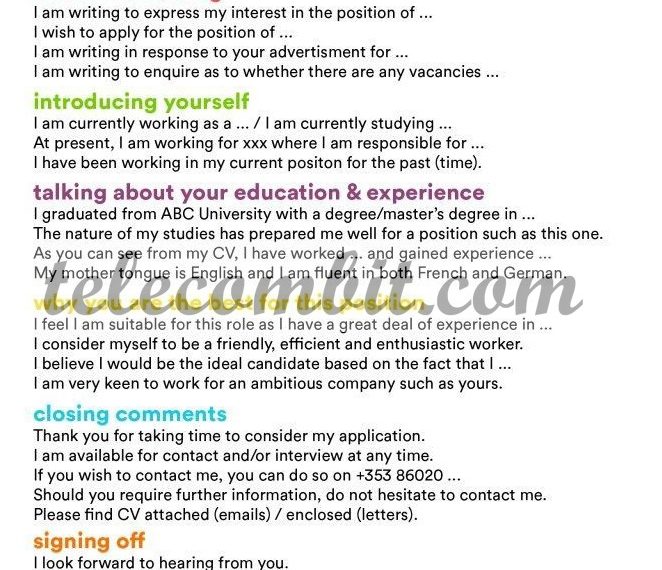
Your resume is a well-crafted document that lays out dates, facts and details (also take a look at the best resume writing services). Your cover letter is a chance to expand upon your resume and highlight some of your greatest achievements and projects. It can be used as a part of a job application, reaching out to a company of interest or connecting to a networking contact. Each of these types of cover letters serve a specific purpose and should be formatted appropriately.
How To Write A Good Cover Letter
Choose Your Cover Letter Format
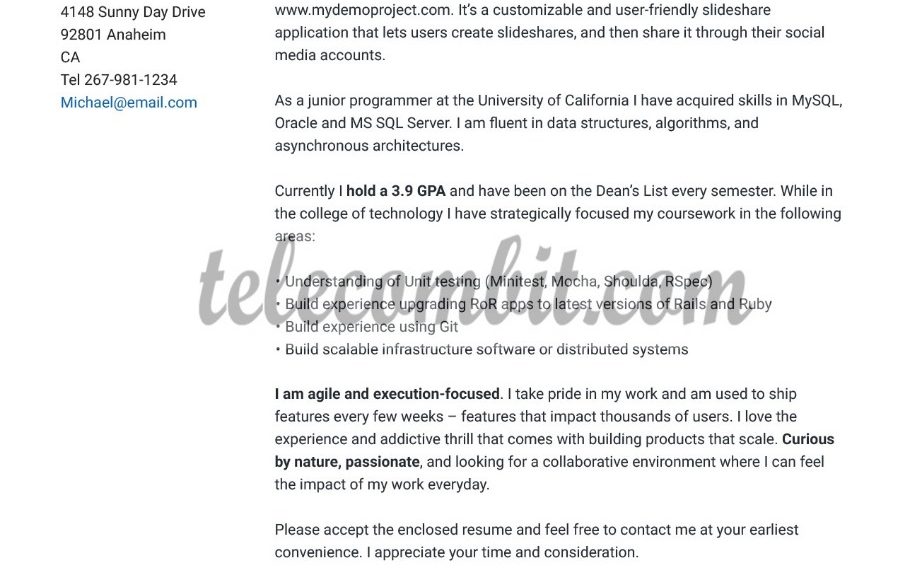
Job Application Cover letter
Cover letters can be required as a part of a job application and usually accompany your resume. Even if it is not required, you should still include a cover letter when asked to submit your resume for a job application. This is your chance to really shine and show that you should be invited to the interview.
Prospecting Cover Letter
This type of letter is written to a specific employee or company showing interest in the company and inquiring about job opportunities. In this letter, you can also use the same resume heading and make sure speak to the type of role you are looking for and the values of the company. This letter should be addressed to a specific individual or hiring manager in the department you are interested in working.
Best paying jobs in electronic components include roles such as semiconductor engineers, electronic hardware engineers, product managers, materials scientists, and sales managers, with competitive salaries and career prospects.
Networking Cover Letter
This cover letter is not a formal cover letters like the first two, but this “letter” is usually sent in the body of an email with your resume attached. This is what you send to colleagues, friends, and other contacts.
Write A Catchy Opening Paragraph
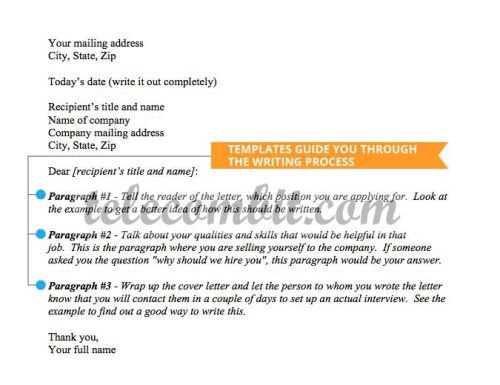
Now that you have decided on which type of letter you will write, lets focus on the content of this letter. Right away in the opening sentence, catch their attention and show your passion. If you are writing an application letter, make sure to mention which position you are applying for.
Show some excitement!
Instead of the generic, “I am writing this letter to apply for the advisor position,” show some excitement and energy! Try something like “I am excited to apply for the marketing position and show you how I would be a great fit for X company.”
Name drop
For all types of letters, this opening paragraph is a great place to name drop. Did someone refer you to the position? Do you know someone within this organization who would sing your praises? If so, ask their permission, then mention that they recommended you apply. Why? Because if anyone reading the letter recognizes a name of a co-worker, they are much more likely to spend more time reading and following up about you as a potential candidate.
Wrapphing The Letter Up
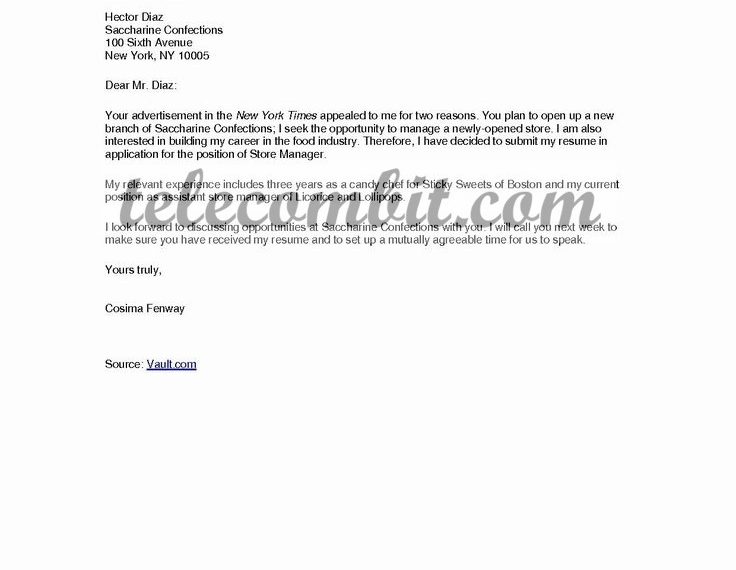
Thank the individual for their time. Restate your purpose. If you are using it as an application letter, show your enthusiasm for the position and be confident in the next steps. End your letter letting them know that you are looking forward to sharing more about your qualifications during the interview. If you are using it as a prospecting or networking cover letter and aim to set up a meeting, provide the individual with your general availability.
Tips for Writing A Great Cover Letter
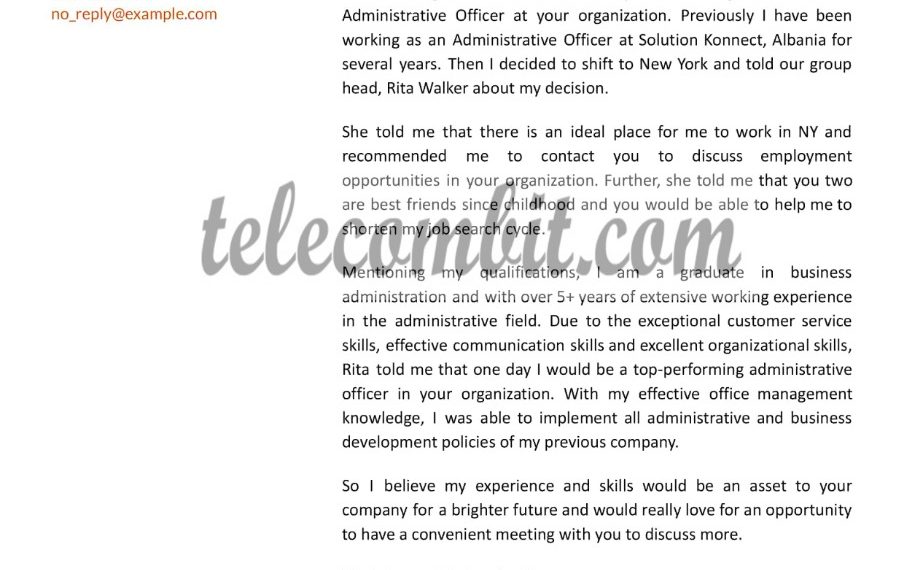
Final Thoughts
Although it may seem like writing a cover letter is just one more thing on your to do list, they can be the difference maker between getting your next position or not. A polished cover letter, along with an excellent resume, makes a great first impression and sets the tone for your interview or networking meeting. Make the individual interested in learning more about you and leave them thinking about how you might be a great fit at their organization.
